A few months ago, my children followed their cultural geography class to visit Lung Slang village in Trang Dinh, Lang Son . The village is known as an oasis in the highlands, nestled in a closed valley, 2km from Highway 4A, Lung Phay pass.
To get to the village, the children - mostly 9 to 12 years old - had to get off the bus and walk. The trail followed the cliffs, with steep sections, not easy for those who had never hiked before.
Lung Slang village has only about 30 households, all of them Red Dao. That night, we stayed at the village chief's house. Because there were so many people, the group had to split into two places. One group stayed in a Kinh-style house, the other group stayed in a traditional Dao stilt house. The stilt house had a closed outhouse and a bathroom with hot and cold water. The stilt house had a separate outhouse and a bathroom without hot and cold water. At the end of winter, the temperature was only about 10-11 degrees Celsius. The homeowner put a large pot of water on the wood stove in the middle of the stilt house, waited for the water to boil, then scooped it into a red bucket and carried it into the bathroom to mix for the children to bathe after a tiring day of walking.
That night, in the stilt house, by the fire, the children listened to the homeowner recount memories of the war to protect the northern border in 1979 that took place right in this village. Then they went to sleep in old but clean and fragrant peacock blankets.
The children’s teacher did not bring them here to experience poverty, but to experience the life and culture of the Red Dao people. That life has been happening for generations, not being dramatized in a simulated space with people playing roles.
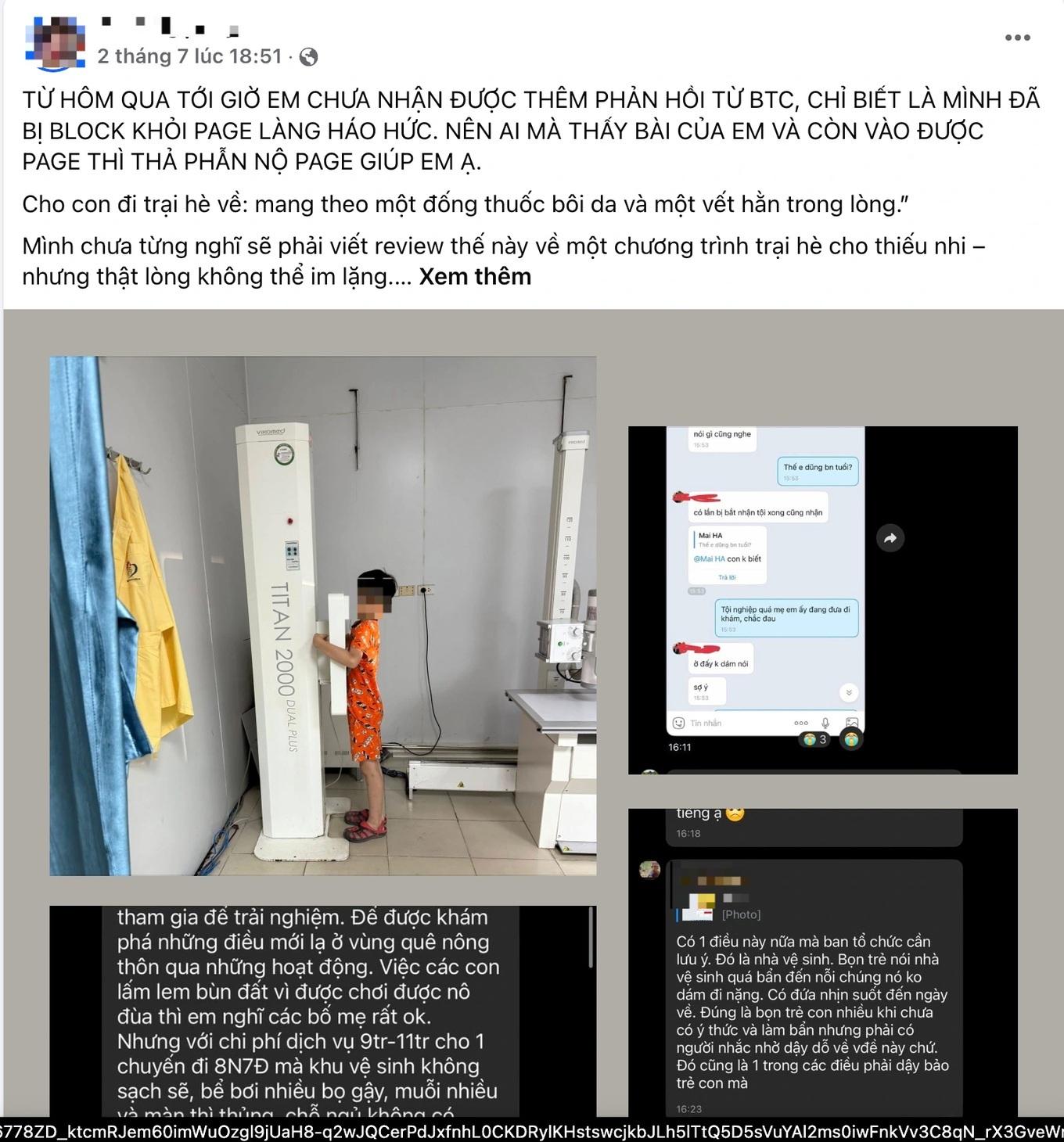
A parent's post denouncing a summer camp in Hanoi (Photo: Screenshot).
So, when they had to bathe in an old toilet, boil hot water with a wood stove, and cover themselves with old, heavy cotton blankets, the children and parents did not complain. Everyone understood that the host was offering the group the best they could afford. The neatness, fragrance, and cleanliness of the floor, the old cotton blankets, and the steaming pot of hot water by the fire demonstrated that warm hospitality.
It was one of many new, exciting and warm experiences about another life, another culture that my children were lucky to have with their friends in their geography class.
Sometimes, they get to experience it even on family trips. I remember the time I took the kids wandering from Hue to Quang Ngai (formerly Quang Ngai province, now merged with Kon Tum province to form Quang Ngai province), to find Go Co village in Sa Huynh. It used to be a Cham village, so there are still inscriptions, ancient tombs, ancient wells and ancient stone steps leading from the sea to the village. The village of only a few dozen households nestles on the blue seashore, isolated from the outside world by a single road.
Since 2018, villagers have been guided to do community tourism. They have been given loans to renovate their houses and open homestays to welcome guests. We rented a room with the owner, costing around 80,000 VND/day. The room is only 7-8 square meters wide, equipped with air conditioning. The bathroom is outdoors and has no hot or cold water, so we have to bring a thermos to bathe. But the cleanliness and beauty made us very satisfied. Each bathroom and toilet door is painted blue and painted with colorful flowers and fish. The house is located on the edge of a rice field, the entrance is planted with butterfly flowers and immortelle flowers, blooming brilliantly in the summer sun.
Two days later, because we wanted to be closer to the beach, we moved to another homestay, priced at 120,000 VND/day. It was a bamboo house with a thatched roof, bamboo beds and no air conditioning. Because we had given a day’s notice, the owner cleaned up and slept in the room for one night before we moved in. The locals believe that rooms need to have a human breath before allowing children to stay. Their thoughtfulness made me extremely grateful.
Just like the previous house, everything was clean. The bathroom was white tiled and the door was painted blue. Respectful cleanliness amid the bare minimum of comfort. We were there for four days and had no complaints. I don’t expose my children to deprivation. I expose them to a different kind of abundance.
And therefore, cleanliness - hygiene - safety are always the top factors.
We have traveled together to many rural areas, in the forests and at sea, living with the locals. The children's grandparents' house is also in a pure Northern Delta village, and every summer vacation they welcome the children back for a long visit. My children's rural experience is completely natural and genuine.
Today's countryside is very different from the past. The number of families equipped with air conditioners and washing machines is no longer rare, even in remote villages. Better living conditions also increase the need for hygiene. Families increasingly pay attention to the ancillary areas as much as the main areas of the house. The toilets are tiled with light-colored tiles, equipped with water heaters, ventilation fans, and discreet doors, both to avoid wind and rain and to ensure safety.
In addition, it is impossible not to mention the eternal old thing, which is the house rules. Any family that keeps the house clean will still be neat and tidy even if they have no money. From the straw broom placed upside down in the corner of the porch, the wooden cutting board hung high to avoid mold, the tray and winnowing basket placed over the fire to prevent termites, the washed bowls and chopsticks are placed upside down in the sun to dry before being put in the cupboard, the chopsticks put in bamboo tubes must be placed with the chopsticks' ends facing up, the used basins and pots are turned upside down to dry, the washed clothes are turned inside out before being hung out to dry, the yard is swept twice a day, morning and evening, the bathroom and toilet are built on a high floor to drain water.
These neat customs are culture, instilled in children from generation to generation in many rural families. And that is what is worth experiencing, not the poverty, lack of hygiene and amenities that come with sloppiness and disorder.
Many times, I have seen people who grew up in the city have a prejudice about the countryside, that everything in the countryside is dirty. It is a prejudice that comes from bad experiences, and often not enough.
Over the past few days, a story related to a summer camp service has kept me thinking about that stereotype. Looking at the photo of the toilet, I don’t understand what they want the children to experience.
Thatched roof, bamboo doors, unplastered walls, brick floors still showing the smudged mortar from a careless mason's hand, the porch was made of bricks stacked together and covered in green mold due to poor drainage. The mold spread to the base of the wall.
It is not a typical rural toilet, past or present. It cannot be a standard toilet in an experiential education ecosystem. Because what can you teach your children through a toilet that is built haphazardly and carelessly, without even the minimum drainage principle?
Even a Red Dao person in a remote valley in the Northern mountains still washes blankets with fragrance to welcome guests from afar, a poor fishing village forgotten for many years in the Sa Huynh sea still paints the wooden door of the toilet blue and draws flowers and grass on it with white tiles inside, so why does a summer camp with high fees try to make the toilet as simple and simple as possible?
When dramatizing rural life and placing it in a simulated space, service providers need to know how to filter out negative elements and choose positive elements in real life, instead of doing the opposite. That is education. Because the ultimate goal is to help children feel love for that life, want to return and enjoy that life, not to see poverty and be afraid, see poverty and be grateful for the abundance when living with their parents.
If you want your children to be close to nature, show them how wonderful it is to live in nature. If you want them to love the countryside, show them how wonderful it is to live in the countryside. Don’t let the memory of dirty toilets and mosquito bites erase countless other valuable experiences, and create a false stereotype about nature and the countryside, equating rusticity with sloppiness and shabbiness.
In terms of education, I have always believed that children love a place, a space, a culture through pleasant experiences, not through efforts to adapt to the circumstances. If they have to endure a lack of amenities, a lack of hygiene, or simply try to overcome the sun and heat, it is certainly not a pleasant experience. And if it is not pleasant, how can they want to experience it again?
Author: Hoang Hong graduated from the Faculty of Journalism, Academy of Journalism and Communication. She has been involved in journalism for more than 15 years, specializing in social, cultural and educational topics.
The FOCUS column hopes to receive readers' comments on the content of the article. Please go to the Comments section and share your thoughts. Thank you!
Source: https://dantri.com.vn/tam-diem/cho-tre-ve-voi-thien-nhien-de-trai-nghiem-muoi-dot-nha-ve-sinh-ban-20250709123714062.htm


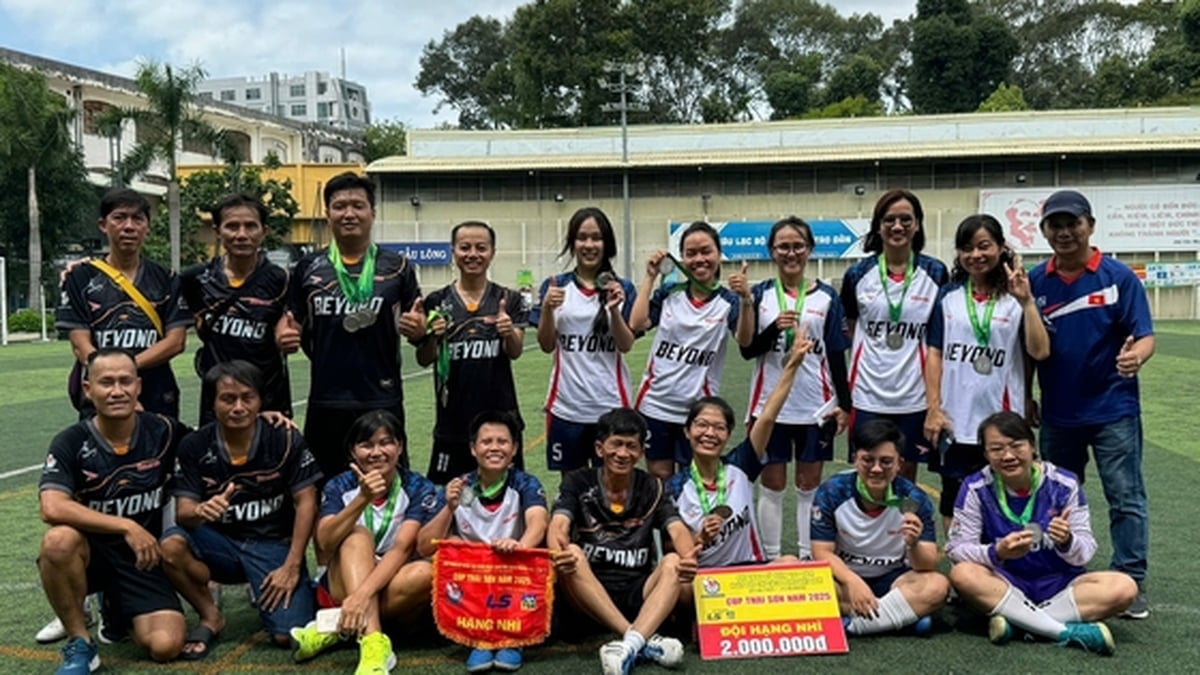


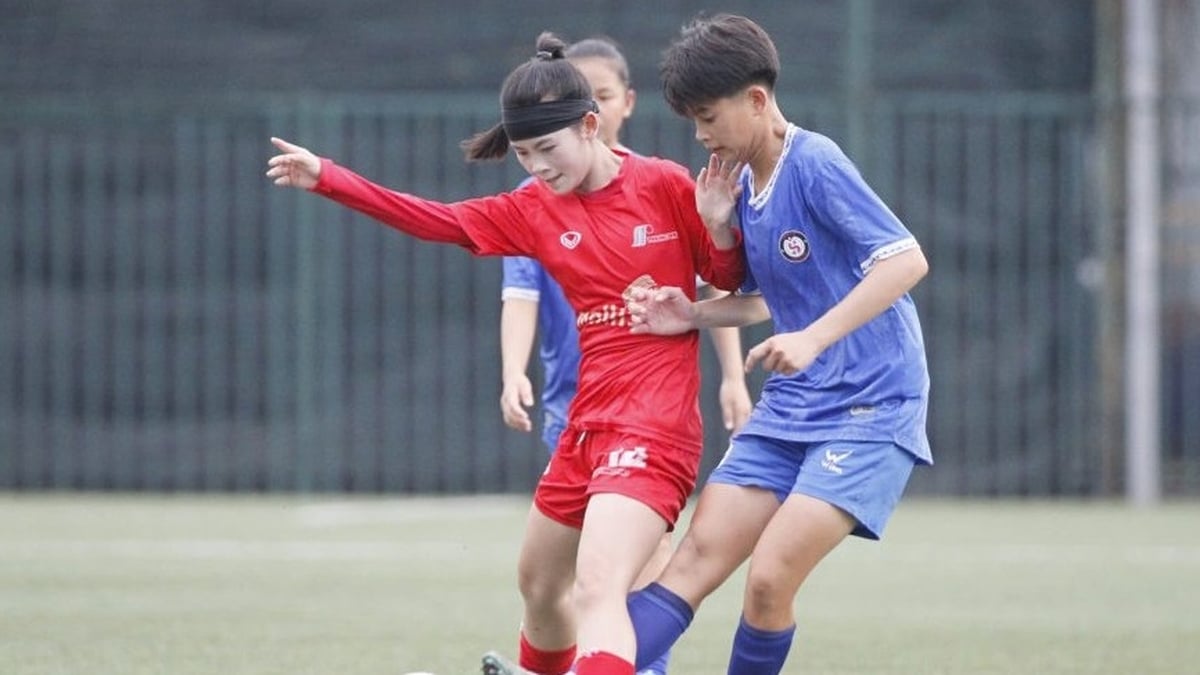

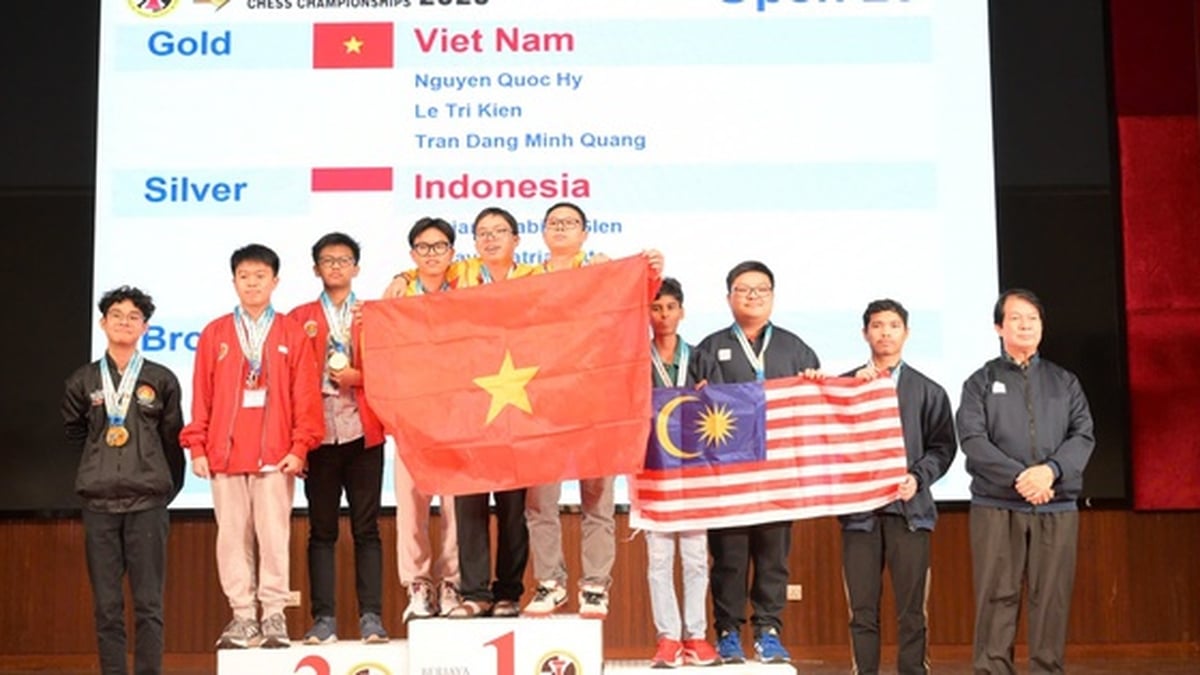













![[Photo] Gia Lai provincial leaders offer flowers at Uncle Ho's Monument with the ethnic groups of the Central Highlands](https://vphoto.vietnam.vn/thumb/1200x675/vietnam/resource/IMAGE/2025/7/9/196438801da24b3cb6158d0501984818)










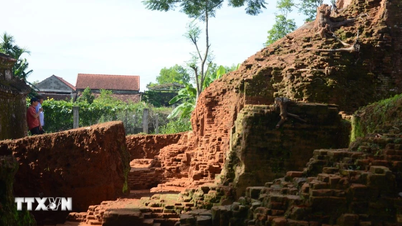

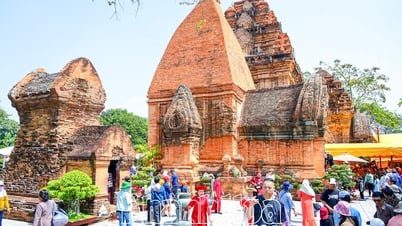

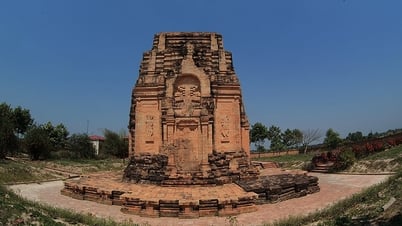

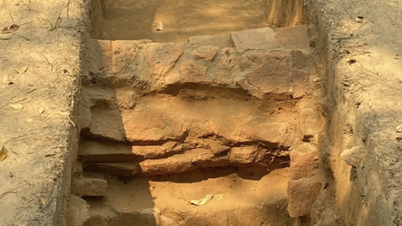

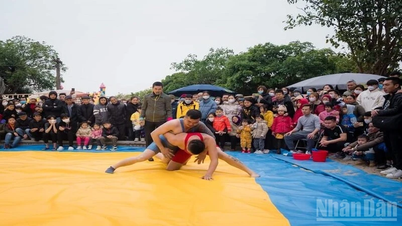



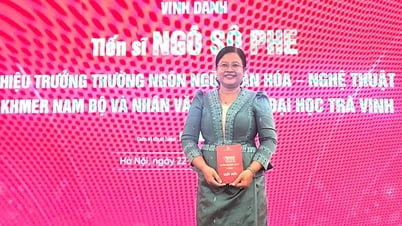








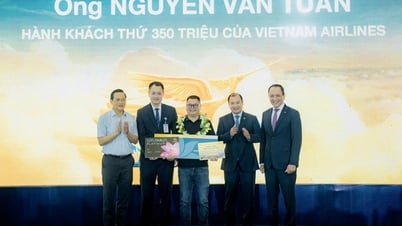

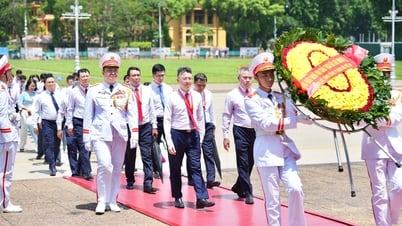

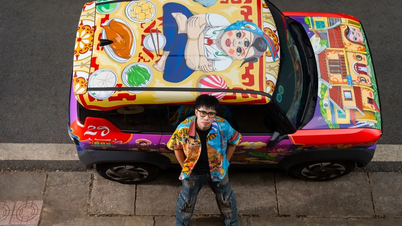









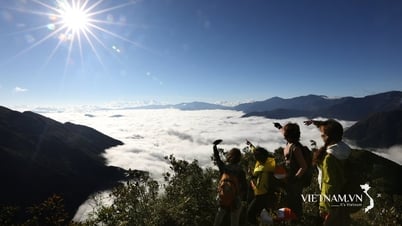



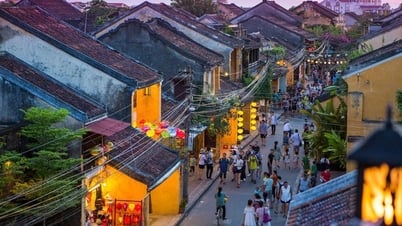
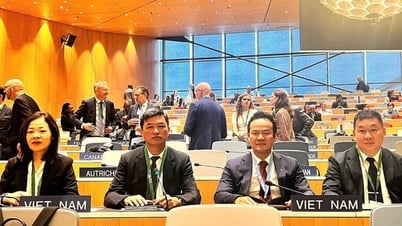



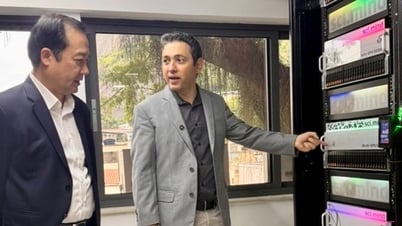








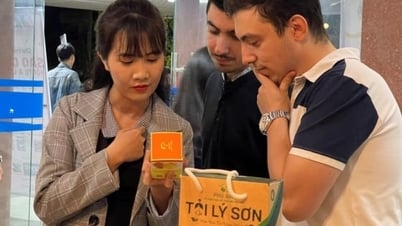

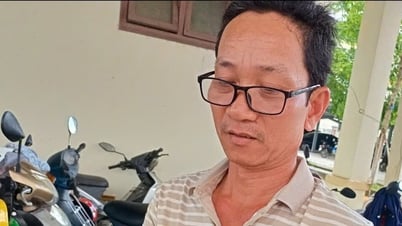

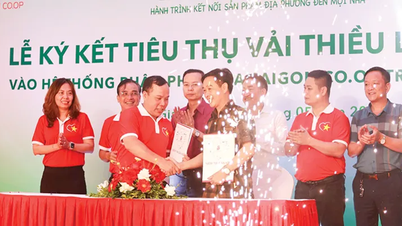
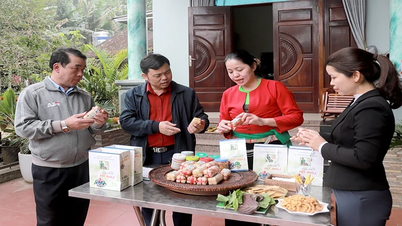




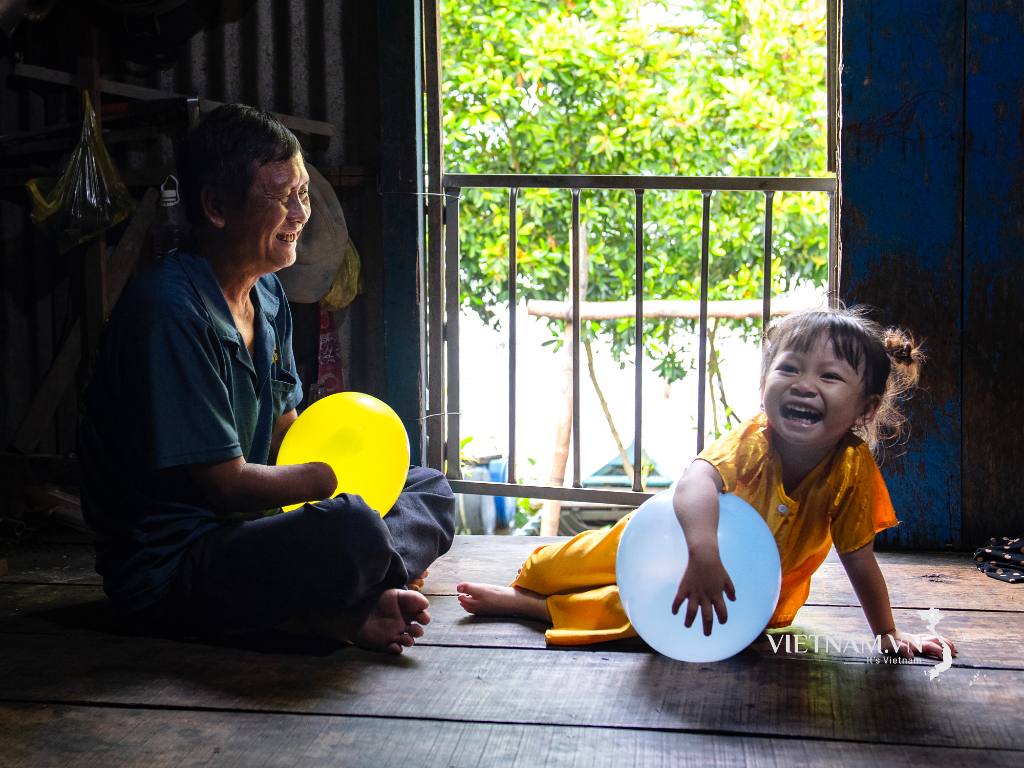

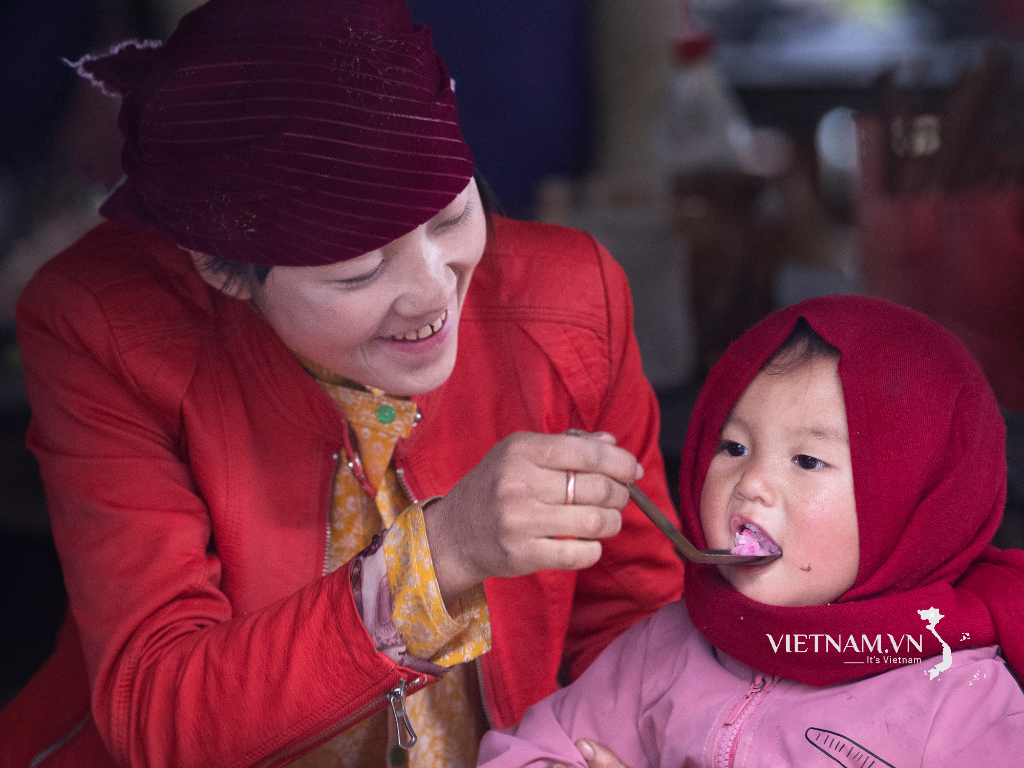
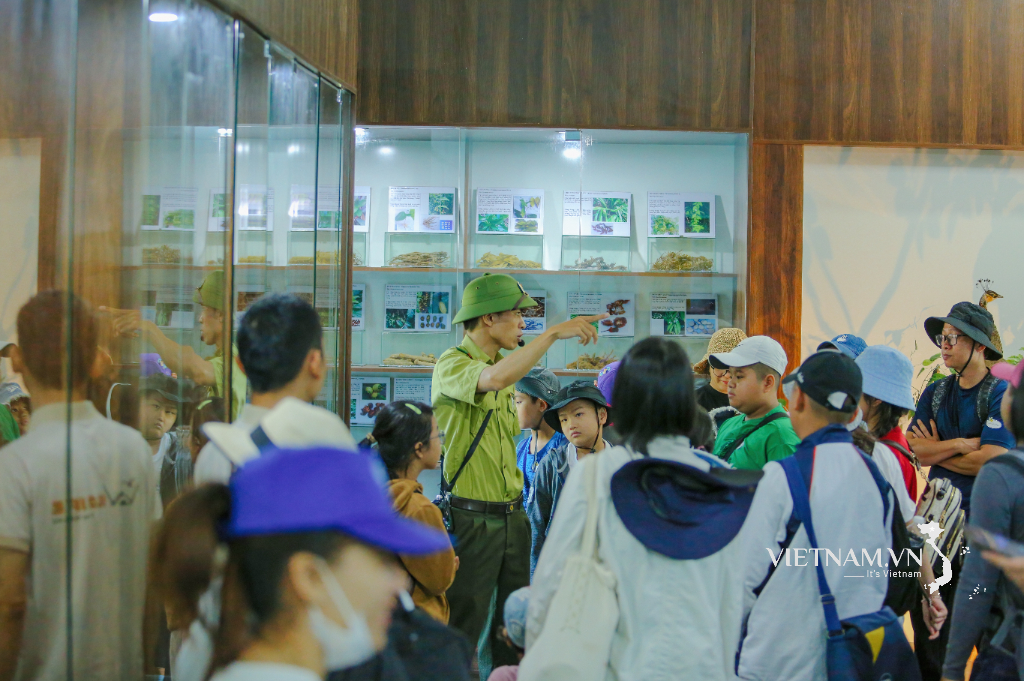
Comment (0)